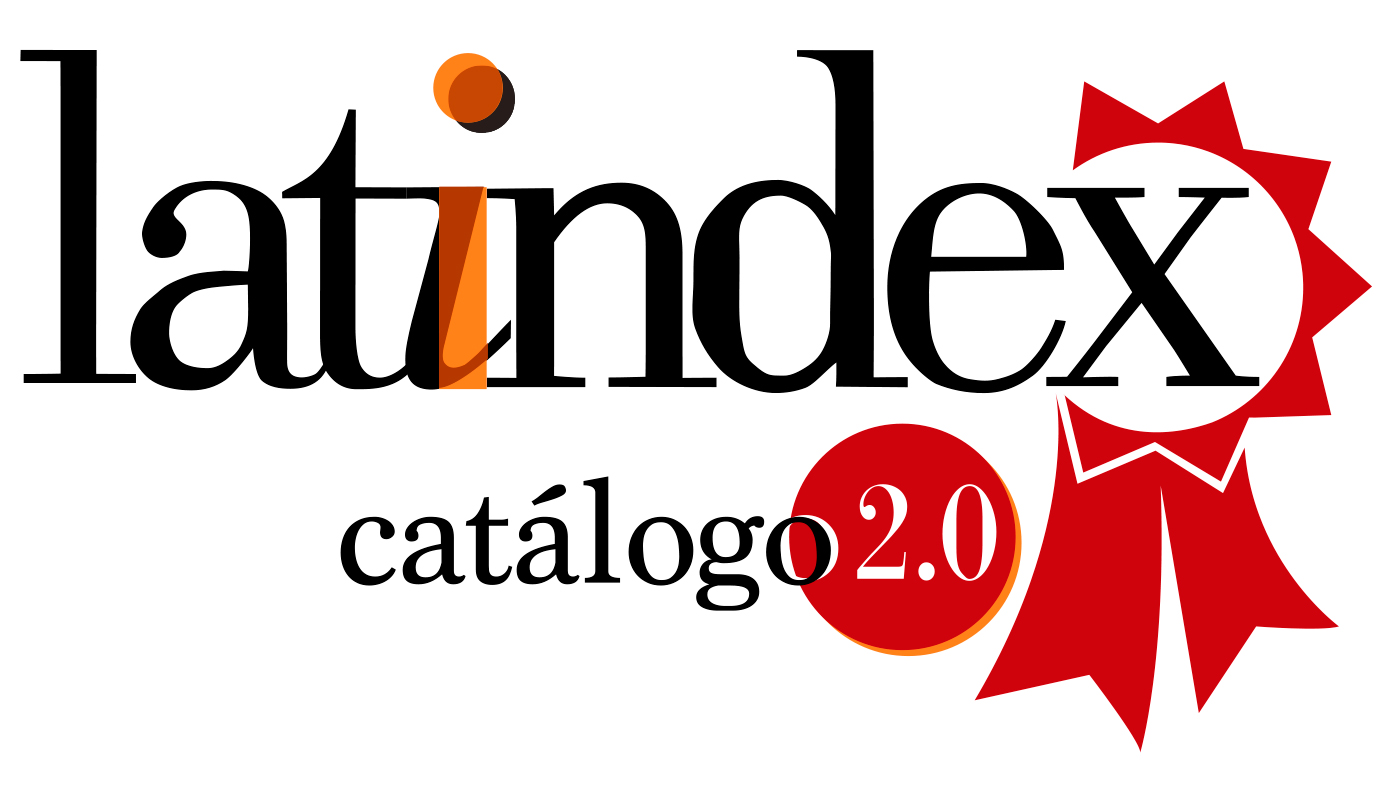Reflexiones sobre la Nueva Escuela mexicana en docentes de educación primaria
Abstract
The New Mexican School (NEM) has transformed education in Mexico, focusing on the comprehensive development of students. In Chiapas, its implementation faces challenges due to sociocultural and socioeconomic diversity, requiring teachers to adapt content to their contexts. This research analyzes how teachers conceptualize and apply the NEM in primary education. It is structured from its conceptual framework, with references to the United Nations Educational, Scientific and Cultural Organization (UNESCO) and the General Education Law (LGE), aiming to assess the implementation of the NEM and provide strategies for its continuous improvement.
References
Al-Ateeqi, A. (2009). We have come along way: Redefining education and its global challenges in the United Arab Emirates. Education without Borders Conference. Congreso llevado a cabo en Emiratos Árabes Unidos.
Báez M., M. y Farán M., R. M. (2022). Sistematización y análisis de un proceso de reflexión sobre la matemática escolar: aspectos para la profesionalización docente. Relime, 25(1). https://doi.org/10.12802/relime.22.2512.
Beltrán, F. (2000). Pedagogías del siglo XXI. Barcelona: CISSPRAXIS.
Caruth, G., y Caruth, D. (2013). Understanding resistance to change: a challenge for universities. Turkish Online Journal of Distance Education. 14(2), 12-21.
Durkheim, E. (1922) Educotion et sociologie. Librarie Felix Alcan. Francia.
Gibson, S., y Dembo, M. H. (1984). Teacher efficacy: A construct validation. Journal of Educational Psychology, 76, 569-582.
Kholberg, L. (1992). Psicología del desarrollo moral. Bilbao: Desclée De Brouwer. “El desarrollo del educando como finalidad de la educación”. En: Postconvencionales, num 5.
Martínez F., Juan (2023) La Nueva Escuela Mexicana con enfoque humanista: una mirada analítica. Revista ISCEEM. Reflexiones en torno a la educación 1(2). http://revista.isceem.edu.mx/index.php/revista/article/view/9.
Palmer, I., Dunford, R., y Akin, G. (2009). Managing organizational change: A multiple perspectives approach. McGraw–Hill Education.
Per, D. (2004). School development: Theories and strategies. Continuum International USA Publishing Group.
Priego M., R. A. (2024). El liderazgo directivo en la Nueva Escuela Mexicana y la revalorización docente desde el reconocimiento del talento humano: a scoping review. Región Científica. https://doi.org/10.58763/rc2024197.
Segura, Rubén Madrigal (2020) El currículum y la innovación educativa; primeras notas sobre la Nueva Escuela Mexicana. Revista RedCA 3(7):43-53. https://doi.org/10.36677/redca.v3i7.14700.
Snyder, R. (2017). Resistance to Change among Veteran Teachers: ProvidingVoice for More Effective Engagement. International Jounal of Educational Leadership Preparation, 12(1), 1-14.
Tiburcio, C., Jiménez, V. D. (2020) Concepciones docentes sobre la interculturalidad en la Nueva Escuela Mexicana. Revista Entrerios 3(1). https://doi.org/10.26694/rer.v3i01.10512.
Ventura Álvarez, F. (2023). Las implicaciones de la Nueva Escuela Mexicana en el proceso pedagógico. Revista Boletín Redipe, 12(8), 161–174. https://doi.org/10.36260/rbr.v12i8.1996.
Vides, S. Rivera, J. (2015) La ingeniería didáctica en el proceso de enseñanza y aprendizaje de la estadística. Omnia, vol. 21(2), 96-104.





